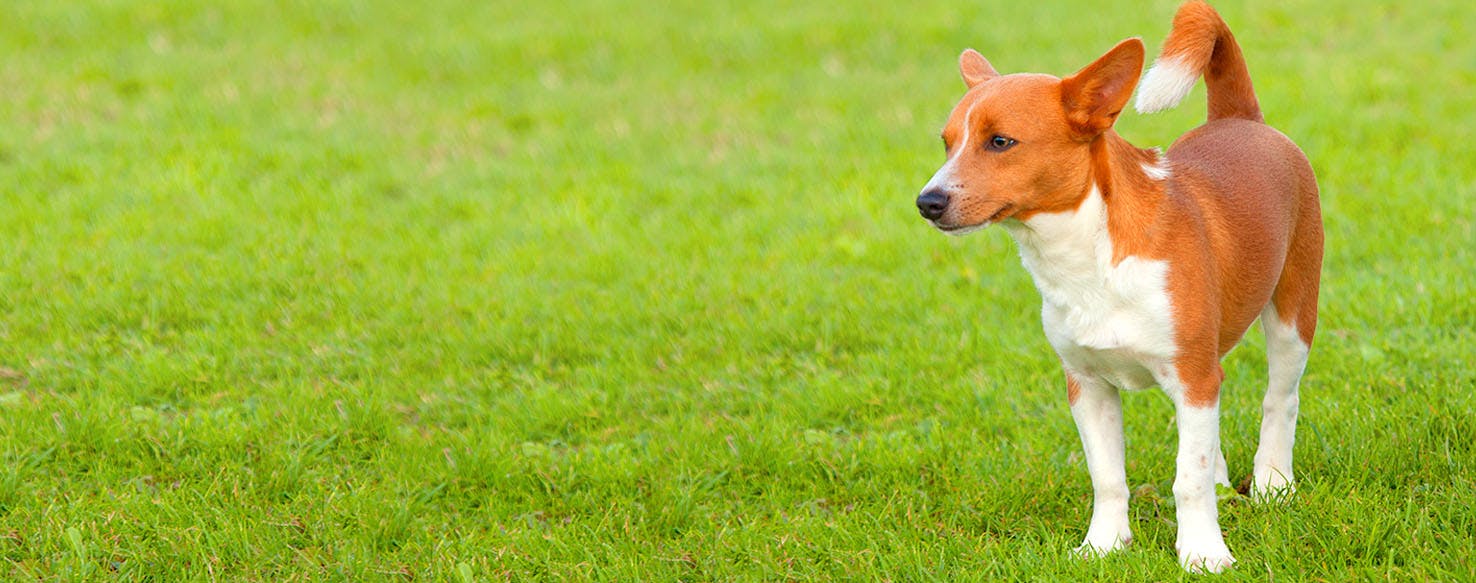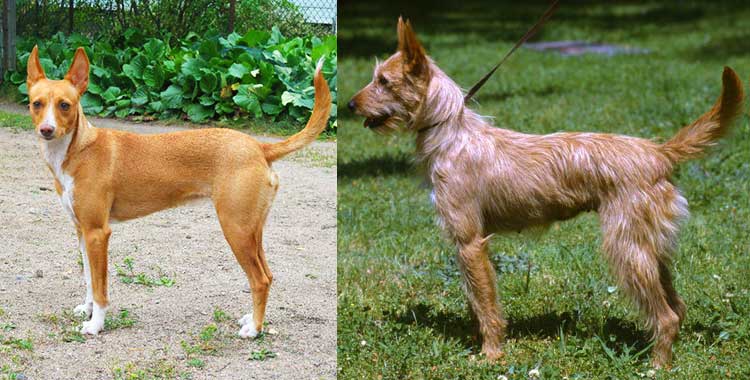
Just as importantly, Podengos benefit from mental stimulation as well, and are susceptible to becoming destructive and mischievous of they are bored and left to their own devices. They require a great deal of exercise in order to stay fit and happy.


If you live in an apartment in a city, the Podengo might not be the breed for you. Podengos will do best in a rural or suburban home where they have plenty of room to run and a safe, fenced in yard to accommodate their love of the outdoors. They are best suited for owners who have experience with these types of breeds, as they are less domesticated than say, a Golden Retriever or a Pug might be, and require a special type of training and consideration in order to make good companion animals. Because of their long history and because they have remained relatively unchanged throughout the centuries, they still retain what some people would call “primitive” dog behavior, which makes them both an extremely special and unusual breed.

They hunt everything from rabbits to wild boar, and make excellent guard dogs. Whatever the coat type, they make great hunters and are skilled at tracking and hunting a variety of game, big and small. Podengos can trace their history back to the 5th century in Portugal and come in two varieties: smooth and wire haired. Popular in their native land as well as in Portuguese immigrant communities around the world, they are a multitalented breed that excels both as a pet and as a hunting companion. Podengos are a type of hound that comes from Portugal. In the United States, they are considered a “hound”, while in the United Kingdom they are labeled a “primitive breed.” In Portugal, on the other hand, they are still regarded as a “spitz” breed. They are an integral part of the Portuguese people’s survival through the centuries and are still widely popular there even today.Podengos are classified all around the world as different types of dogs. The Portuguese Podengo Pequeno is one of the 10 national indigenous dogs of Portugal. From which the Portuguese Podengo Pequeno is the smallest, the other two being the Medio and the Grande.Įven though Pequenos possesses ancient and rich historical background, they are relatively new to the AKC for the reason being that, the breed entered the AKC (American Kennel Club) Miscellaneous class in 2011 and the Hound class exactly two years later in 2013. All three are considered and recognized as separate breeds from each other. The Portuguese Podengo Pequeno is one of three size classes of the Portugal Podengo breeds, although they all hail from the southern border in the countryside of Portugal. Yet, their official introduction to the American public was much later, in 1995 when the smooth-coated Pequeno came into the United States, and then a couple of years later in 2001, the first wiry coated had also arrived.Īlbeit the fact that the breed’s ancestors had much smoother coats, ideal in Portugal’s wet north, wiry coats flourished in hot, dry southern Portugal where brambles were particularly abundant.

The dogs’ duties were keeping the ship rodent-free during the travels, in order to protect and preserve the food stores and prevent most of the sailors and lower-deck ratings from getting vermin-borne and several other diseases. In the 15 th and 16 th centuries, the breed was taken abroad on ships heading towards America. Firstly, using their sense of scent, then their excellent hearing, to locate the small animals. The dogs hunted alone and also were capable to work together in packs. The dogs’ responsibilities were to flush out the rabbits, capture, kill, and finally retrieve the prey for their human counterparts. In the early days, the Portuguese Podengo Pequeno was bred to hunt rabbits for the people in the craggy Iberian countryside. The ancient Roman, Phoenician, and Moorish traders and invaders brought the breed’s ancestors to the Iberian Peninsula over 2000 years ago. The breed, as their name suggests, is originated from Portugal. It is believed that the Portuguese Podengo Pequeno is the world’s smallest hunting dog.


 0 kommentar(er)
0 kommentar(er)
